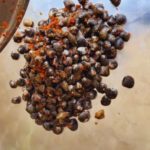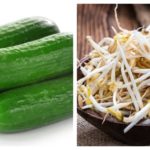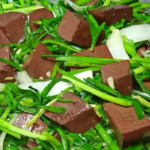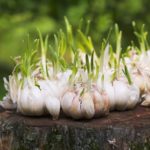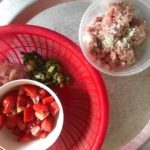Are Bean Sprouts Safe to Eat? The Dangers of Chemical-Soaked Sprouts
Bean sprouts are a popular ingredient in Vietnamese cuisine, often found in dishes served at the dinner table. However, this popularity has led to a concerning trend of traders mixing and using harmful chemicals to sprout the beans. The goal is to make the sprouts more visually appealing, increase their growth rate, and boost production for profit.
Typically, growing bean sprouts requires water and the right temperature, with a growth period of about one week. But with the use of chemicals, this process can be accelerated by up to 30%.
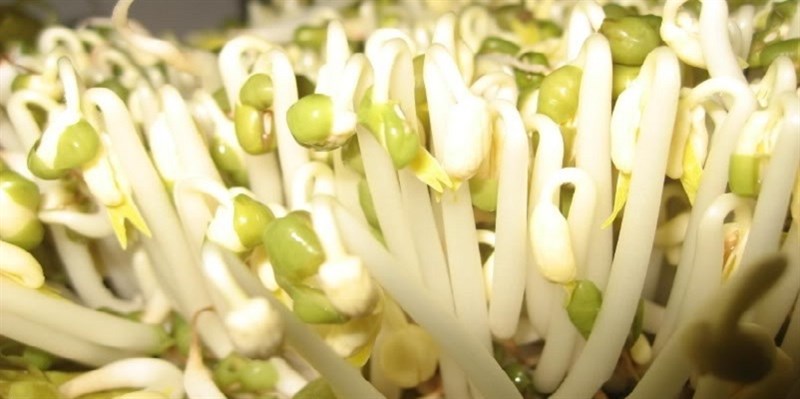
The beans used for sprouting are often soaked in lime water and growth stimulants. Just before they are ready for sale, the sprouts are soaked again, this time in a solution of Benzylaminopurine for about 15 minutes. This helps to keep them fresh for longer, preventing decay.
Additionally, these chemically treated sprouts are also soaked in Soda ASH Light, a bleaching agent that gives the sprouts a plump and snowy white appearance.
Soda ASH Light is a chemical compound used in detergent production, containing impurities, heavy metals, and a high alkaline content. Prolonged consumption of food treated with this chemical can lead to a buildup of these metals in the blood and body, causing chronic illnesses, liver and kidney damage, and even cancer. It’s safe to say that chemically soaked bean sprouts are one of the dangerous types of contaminated food that you should avoid.
How to Choose Safe and Healthy Bean Sprouts
While traditional bean sprouts are still produced, they are becoming increasingly difficult to find due to the abundance of chemically treated sprouts in the market. To ensure you’re purchasing safe and healthy sprouts, keep the following tips in mind:
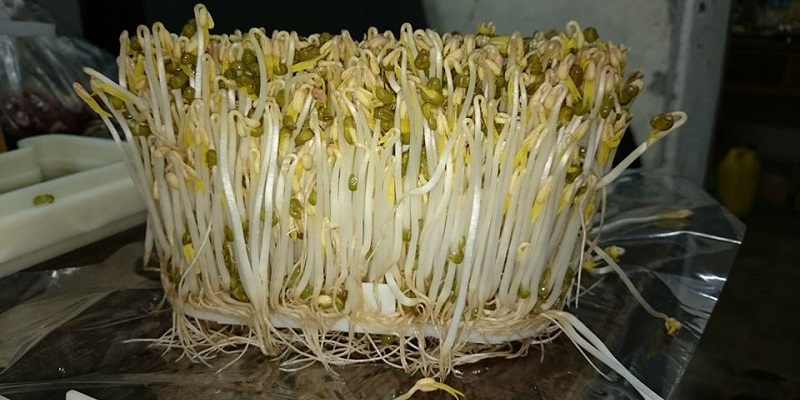
Choose sprouts with long, abundant roots
Traditional bean sprouts take almost a week to grow, resulting in longer and more abundant roots. Chemically treated sprouts, on the other hand, will only have a short, dark-colored root section.
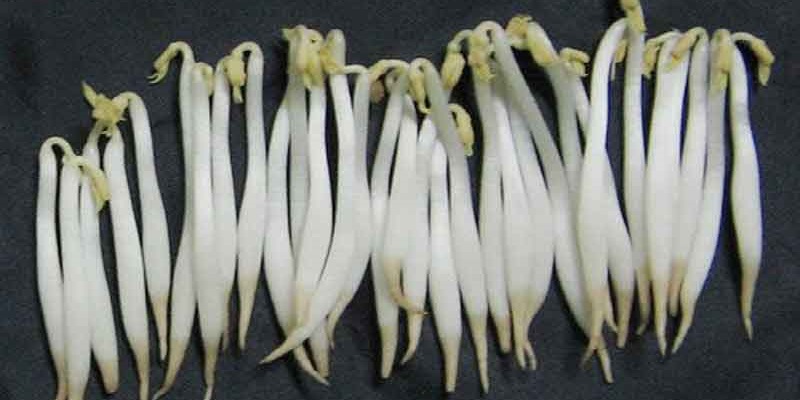
Opt for thinner, uneven sprouts
Chemically treated sprouts are characterized by their plump and uniform appearance. Traditional sprouts, in contrast, tend to be thinner, longer, and less consistent in size.
Avoid abnormally long sprouts
When shopping for sprouts, you might be inclined to choose the longest, thickest ones. However, only chemically treated sprouts can achieve this abnormal growth. Additionally, research suggests that longer sprouts tend to have lower protein and nutritional content.
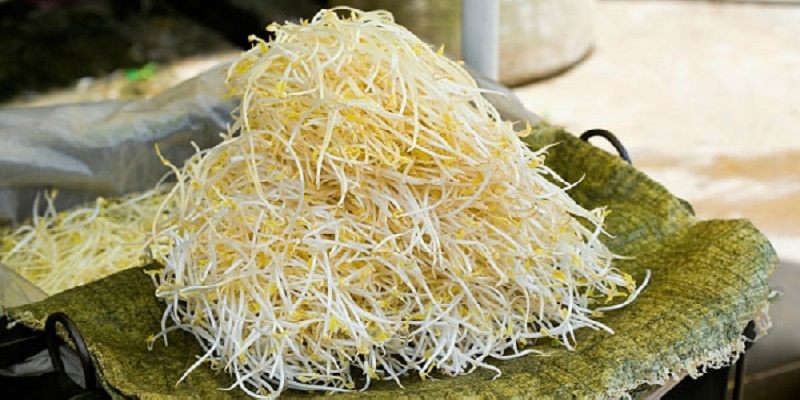
Go for curved, non-glossy sprouts
Traditional sprouts are not treated with whitening chemicals, so they won’t have the same plump and shiny appearance as chemically treated ones, which tend to be straight and glossy.
Using these guidelines, you can select healthy and safe sprouts to protect your family’s health and nutrition. Stay tuned for more informative articles like this one!
Source: nongnghiep.vn
























